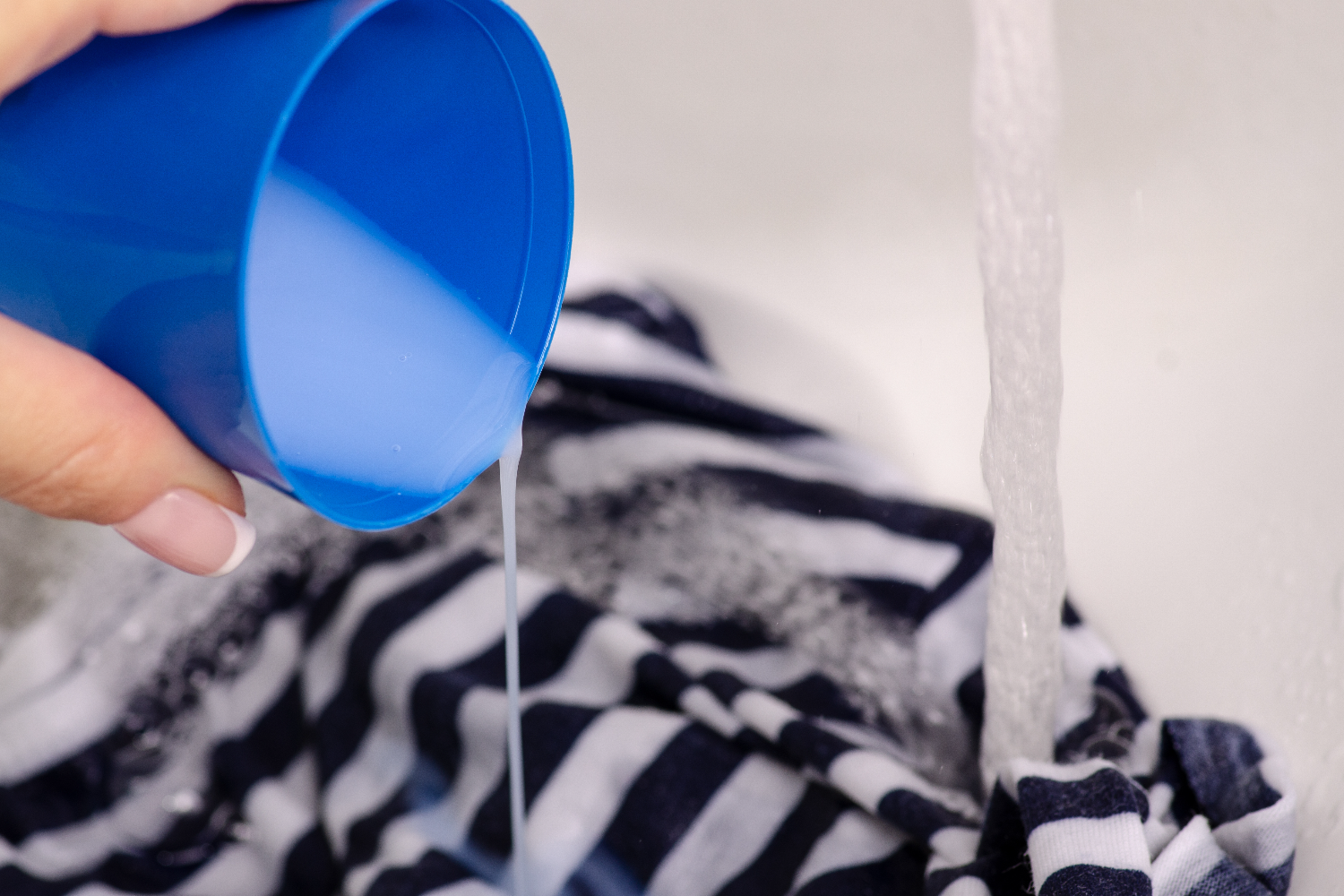If you’ve ever noticed cloudy glassware, soap scum buildup, or an increase in energy bills, chances are you’re dealing with hard water. Hard water is a common issue in many homes, and it can wreak havoc on your plumbing, appliances, and even your skin and hair. Fortunately, the solution is simple: a water softener. But how do you know if you need one? Here are five signs that it might be time to invest in a water softener for your home.
1. Mineral Buildup on Faucets and Showerheads
One of the most noticeable signs of hard water is mineral buildup on your faucets, showerheads, and other plumbing fixtures. Hard water contains high levels of calcium and magnesium, which can leave behind a white, chalky residue as it evaporates. This buildup, known as limescale, can accumulate over time and create unsightly deposits on your sink, tub, or shower walls.
Limescale is not just an aesthetic issue. It can also affect the functionality of your plumbing. Over time, the minerals can build up inside pipes, reducing water flow and potentially causing clogs. If you’re constantly scrubbing away mineral deposits, it’s time to consider a water softener to prevent further buildup and extend the life of your plumbing.
2. Soap Scum and Hard-to-Rinse Soap Residue
Have you ever noticed that your soap doesn’t lather as well, or that you have a stubborn soap film left on your skin after a shower? Hard water can make it difficult for soap to dissolve properly. The minerals in hard water interfere with the soap’s ability to create suds, which means you need more soap to get the same cleaning effect. This can result in soap scum forming on your shower walls, tiles, and even your skin.
Not only is soap scum unsightly and hard to clean, but it can also cause skin irritation. If you’ve been dealing with itchy or dry skin, the minerals in your water may be to blame. Installing a water softener will eliminate these issues, making it easier to rinse off soap and leave your skin feeling soft and smooth.
3. Clothes and Towels Feel Stiff and Harsh
If your laundry seems to feel rough, stiff, or faded after washing, hard water could be the culprit. When you wash clothes with hard water, the minerals can bond with the detergent, preventing it from properly cleaning fabrics. This not only means your clothes aren’t getting as clean as they should, but it also leads to wear and tear over time.
Towels washed in hard water can become scratchy and less absorbent. The mineral buildup in the fibers can make them stiff, and over time, they’ll lose their ability to soak up moisture efficiently. By installing a water softener, you can restore the softness and absorbency of your towels and clothes, ensuring they last longer and stay looking fresh.
4. Higher Energy Bills
If you’ve noticed a spike in your energy bills, hard water could be contributing to the problem. When water is hard, mineral deposits can build up inside appliances like your water heater, dishwasher, and washing machine. This layer of buildup makes it harder for these appliances to operate efficiently. For instance, if your water heater is coated with mineral deposits, it will have to work harder to heat the water, consuming more energy and increasing your utility costs.
A water softener can help prevent this buildup, allowing your appliances to run more efficiently. Over time, this can translate into significant savings on your energy bills. In fact, studies have shown that homes with soft water can save up to 30% on energy costs related to heating water.
5. Frequent Plumbing Problems or Appliance Breakdowns
Hard water can take a toll on your plumbing and appliances. The minerals in the water gradually accumulate inside pipes, faucets, and water-based appliances, leading to clogged pipes, reduced water pressure, and even expensive appliance breakdowns. If you’re constantly having to call a plumber or repair technician to fix issues related to water pressure, clogs, or malfunctioning appliances, hard water could be the root cause.
For example, your dishwasher might struggle to clean dishes properly due to mineral buildup on its components, or your washing machine might experience faster wear and tear. By installing a water softener, you can reduce the strain on your plumbing and appliances, ensuring they run smoothly and last longer.
Why a Water Softener is the Solution
A water softener works by removing the calcium and magnesium minerals responsible for hard water and replacing them with sodium or potassium ions. This process, known as ion exchange, helps prevent the buildup of minerals in your plumbing and appliances, reducing the need for frequent repairs and maintenance. Additionally, it can make a noticeable difference in the quality of your water, resulting in softer skin, cleaner dishes, and more efficient appliances.
If you’re noticing any of the signs above, it’s worth considering a water softener. Not only will it improve your quality of life, but it will also save you money on repairs, maintenance, and energy costs in the long run.
Final Thoughts
Hard water can have a serious impact on your home, your health, and your wallet. If you’re dealing with mineral buildup, soap scum, stiff laundry, higher energy bills, or frequent plumbing problems, a water softener might be the solution you need. Installing a water softener can improve your home’s water quality, protect your appliances, and save you time and money in the long term. Don’t wait for the problems to worsen—invest in a water softener today and enjoy the benefits of softer water tomorrow.
We would love to talk with you about the benefits of a water softener in your home and give you a free, no-pressure quote over the phone! Call Collins Water Purification at 276-623-9093!



